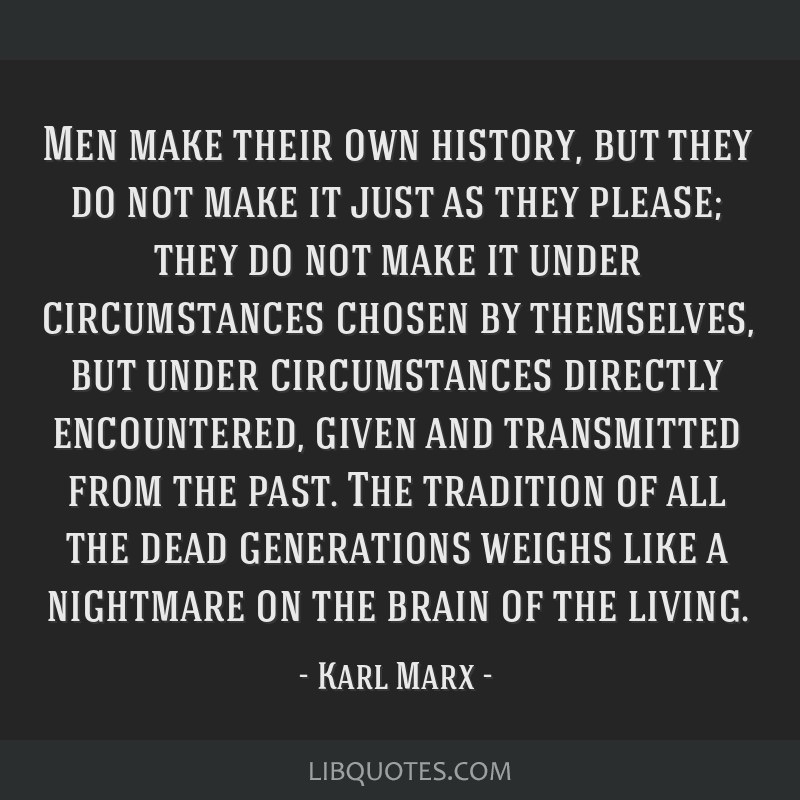Tag: History
Stalin Was the First To Start the Battle Against Globalism
There Is No Constitutional Right to Eat Dinner
Claims that Justice Brett Kavanaugh had his rights violated by protesters outside a D.C. restaurant fail on originalist grounds.
There Is No Constitutional Right to Eat Dinner
The Anti-Social Socialist: How Do We Rent Our Lives?
“The radical capitalist social revolution in which sovereignty in economic affairs passed from the community as a whole into the hands of special class of masters often remote from production, a group alien to the producers.” — Norman Ware
The Anti-Social Socialist: How Do We Rent Our Lives?
‘Ban the Bomb’ becomes international law, but U.S. doesn’t sign on
Merry Christmas! + Caleb Maupin: Capitalism is Un-Christian
Neoliberalism is the Bipartisan Consensus, Not the Lesser of Two Evils
Neoliberalism is the Bipartisan Consensus, Not the Lesser of Two Evils
West’s incorrect partisan conceptualization of neoliberalism is not only wrong, but it is misleading. While the word “neoliberal” is etymologically related to the word “liberal,” it has no relationship with the current political usage of the term “liberal” and its modern association with the Democratic Party. Rather, it harkens back to the 18th century Scottish economic philosopher Adam Smith who advocated the removal of all tariffs and restrictions on free capital so that the “invisible hand” of the market could bring prosperity to all. In the post-WWII years of the 20th century, Smith’s ideas about the liberalization of capital were brought back into the spotlight by economist Friedrich Hayek and, later, Milton Friedman whose goal was to completely dismantle the social safety nets of FDR’s New Deal, which, it was argued, hampered free capital. Thus, neoliberalism is a “neo” form of 18th century economic liberalism and has no connection to the political “liberalism” of today’s Democratic Party.
Socialism in the German Democratic Republic: Christmas
Palestinians can now see their stolen property in the database we’ve made public
The Semantics of “Socialism” in a Changing World
The Semantics of “Socialism” in a Changing World
Around the world, the terms “Socialism” and “Communism” suddenly took on new meanings, once again. Socialism referred to patriotic, anti-Soviet political organizations that sought to get elected, and gradually transition toward a more egalitarian society, one step at a time. Communism referred to the parties aligned with the Soviet Union that adopted Marxism-Leninism as their ideology and ultimately sought to seize power in a revolutionary situation. However, the Communist Parties were also always critical of “ultra-leftism” and calls for violence, and the Soviet Union urged them to not be parties of extremism, isolated from the masses of people.


You must be logged in to post a comment.